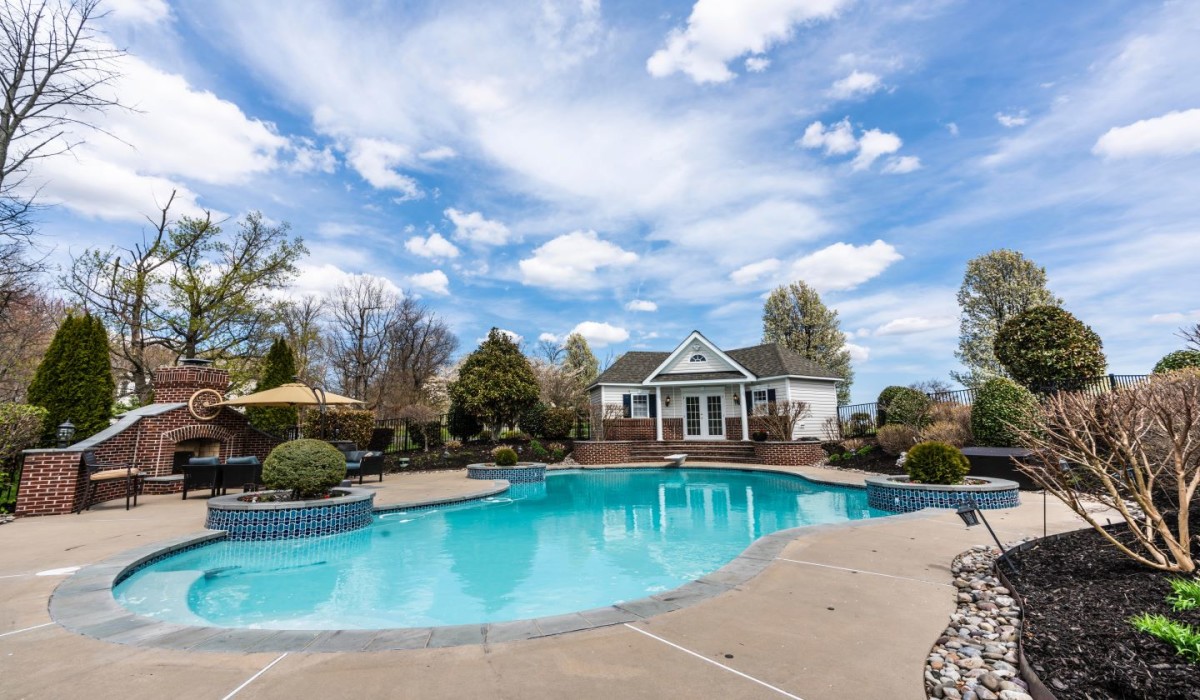How Your Home Is Impacted by an HOA

Homeowner Associations, also referred to as HOAs, exist for the purpose of managing, selling, and marketing homes in condo buildings, town-homes, and certain neighborhoods or subdivisions. So when you start your home buying process, it’s important to keep HOAs in mind as it can significantly impact your homeowner finances and lifestyle.
What's involved in being part of an HOA?
Monthly payments
A commonly overlooked, additional cost of homeownership is the monthly or yearly HOA fee. HOA fees are often seen as an addition to your monthly payment when you’re living in a condo, townhouse, gated community, or some neighborhoods and subdivisions, and they’re for assisting in the upkeep of the common areas in the building or community.
The benefit of an HOA is that it helps improve and maintain everyone’s quality of life in a community.
If you’re looking into purchasing a condo or townhouse, then your HOA fees will help in paying for common areas in terms of landscaping, garages, elevators, any security provided such as gates, sidewalks, etc. And everyone living in the condo building or townhouse community is responsible for assisting in keeping these areas in great condition through fees paid. If you’re considering purchasing a single-family home in a neighborhood or gated community, you may also likely have HOA fees to pay. The fees will also assist in keeping common areas in good condition and to provide improvements to them, such as neighborhood parks for the kids to play in, dog parks, sidewalks, bike paths, and so forth.
Building or community rules
HOA rules are related to covenants, conditions, and restrictions, also known as (CC&Rs). It’s important to learn HOA rules for the community you plan to live in because you’re legally obligated to adhere to them. Some HOAs will fine those who don’t follow rules and can even potentially foreclose on a house if the owners violate rules and don’t pay their fees. Some communities have stricter rules than other communities, but if the strict rules aren’t something that you object to or find difficult to follow and accept, then it shouldn’t be an issue for you. So how strict can HOAs be? Well, it can come down to the type of fertilizer you use and what colors you can paint your front door. Now, off the bat it may seem like arbitrary rules, but in fact, because an HOA’s purpose is to maintain everyone’s quality of life in the neighborhood, the rules are necessary. Harmful pesticides for example, could affect not just your lawn but someone else’s too. They can potentially harm pets and children as well, making it all the more necessary to look after. As far as preferences of what paint colors you can use on your door and shutters, well, just imagine if someone paints their home an unattractively bright bold color right next door. It could potentially impact your home value too.
The wrong outdoor paint color can not only be off-putting, but it could also negatively impact everyone’s home value and could make selling your home more difficult.
Buying a home that’s already out of compliance with an HOA can possibly be a headache for some. Therefore be sure to ask about the state of the home as far as local HOA rules go. And if you’re interested in getting to know the local HOA, you can attend their meetings prior to buying the home. Once you’ve purchased a home, you can continue to attend meetings to provide your input on existing rules and future rules.
Insurance and coverage
Most HOA’s should have catastrophe insurance to cover the structures in case of a natural disaster. But before assuming that the HOA has you covered, be sure to ask.
If you’re looking to live in a condo or townhouse, it can be beneficial to have an HOA in case they have catastrophe insurance. This is ideal if you know you’re in a flood, earthquake, etc. area.
The amount of coverage an HOA has will determine what you need to include in your personal policy to be fully covered. It’s important to check an HOA’s insurance policy before you move in, so you don’t end up with any gaps in your coverage, or on the other end, too much coverage. In the end, HOAs can often be your best friend. Particularly if you have neighbors that want to paint their house a neon color or simply don’t maintain their lawn. But they can potentially be too strict if you’re not the type of person who wants to be told what to do or how to maintain your home when you own it. As mentioned previously, each HOA is different, some are over-managed, some are in fact under-managed and need your help, but it’s important to ask your real estate agent about them and get to know the local HOA prior to making your final selection on a home.